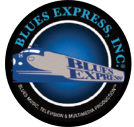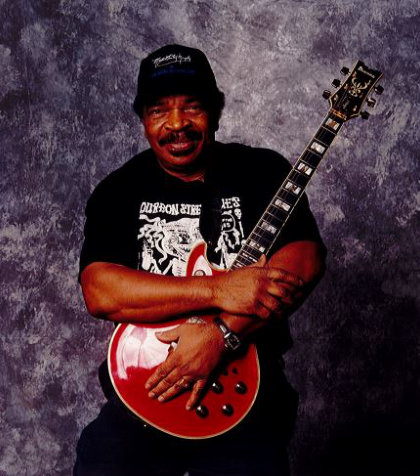
Matt Murphy
Murphy was born in Sunflower, Mississippi, and was educated in Memphis, Tennessee, where his father worked at the Peabody Hotel. Murphy learned to play guitar when he was a child.
In 1948, Murphy moved to Chicago, where he joined the Howlin’ Wolf Band, which at the time featured Little Junior Parker. In 1952, Murphy recorded with Little Junior Parker and Ike Turner, resulting in the release, “You’re My Angel”/“Bad Women, Bad Whiskey”(Modern 864), credited to Little Junior Parker and the Blue Flames.
View Bio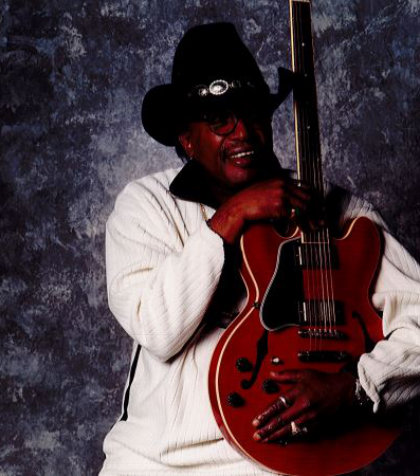
Otis Rush
The fingerprints of Otis Rush’s music are all over the blues of his Chicago contemporaries and those who have followed and studied them since his initial heyday in the 1950s. Spoken and musical accolades have come from early peers like Magic Sam, Buddy Guy, Luther Allison, Eddy Clearwater, Little Milton and the many others who have made his songs continuing staples.
View Bio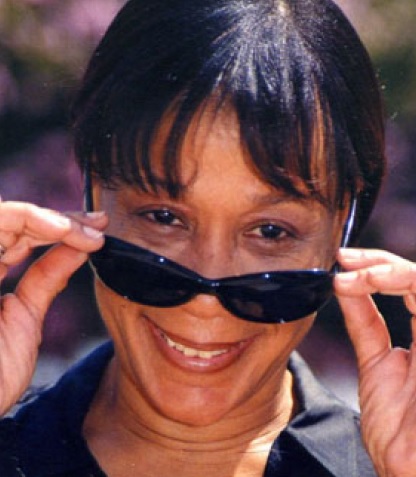
Bettye Lavette
Bettye’s vocal strengths are amply evident on A Woman Like Me, perhaps her finest artistic statement to date. On the heels of her acclaimed European releases she was approached by producer Dennis Walker, a three-time Grammy winner known for his work with Robert Cray and B.B. King.
View Bio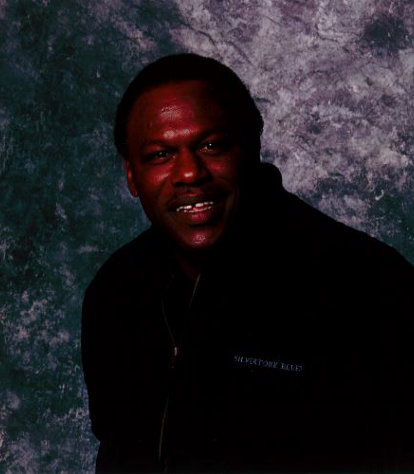
Joe Louis Walker
It’s not until you’ve witnessed Joe Louis Walker perform live that you get a sense of how good he truly is. Each of his 13 albums with the Boss Talkers contain all the necessary ingredients; the superb song craftsmanship, his soaring voice and stinging guitar work – but it’s not until you see him do you realize what a powerful and complete artist Joe is.
View Bio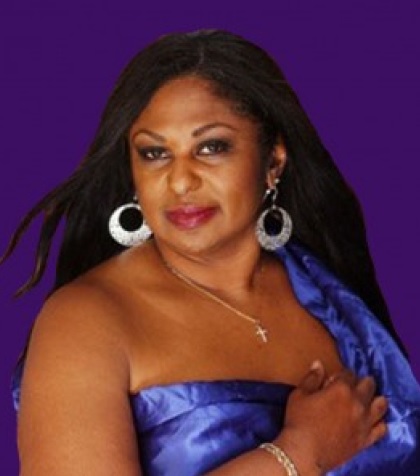
Claudette King
A native Californian formerly living in the San Francisco Bay Area, King has had the life experience to make lyrics mean something: a natural ease in shifting with the mood of each lyric. But most certainly, the power of Claudette’s enthusiasm for the splendid genre-blending music on her debut We’re Onto Something merits wide notice. One of the premier, up-and-coming blues-and-more vocalists of the day, we are sure there is lots more to come from talented Ms. King.
View Bio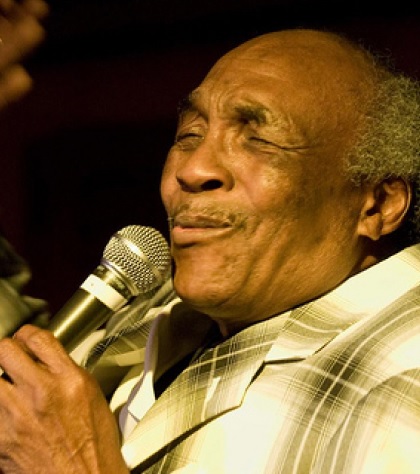
Frankie Lee
Born in Texas, Frankie Lee mirrors many musicians’ paths who helped form blues’ ‘West Coast Sound’. Lee was an R&B singer in the style of Sam Cooke and Otis Redding (he’s often been compared to a contemporary Otis Redding) who learned his chops in church choirs and gospel groups in Texas.
View Bio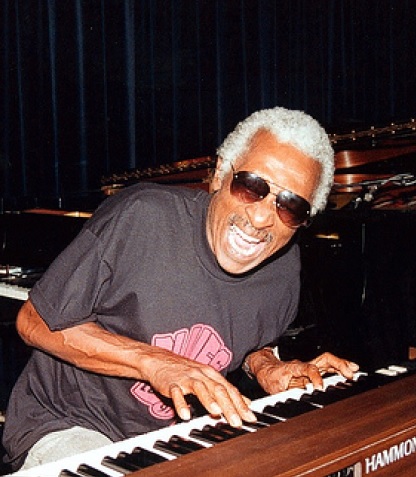
J.J. Malone
J.J. Malone is a true blues original. He’s quite clear about which musicians most inspired him – Muddy Waters being his all-time favorite – but he doesn’t sound like any of ’em – not as a singer, nor as guitarist or piano player. He cites Waters, John Lee Hooker, Doctor Clayton, and Arthur “Big Boy” Crudup as early influences on his singing, with Louis Jordan and B.B. King coming into the picture slightly later. The Decatur, Alabama-born, Fairfax, California-based bluesman doesn’t copy anyone – not even himself. Unlike many blues artists who rely on set patterns, Malone is constantly pushing the envelope, playing whatever pops into his head at the moment.
View Bio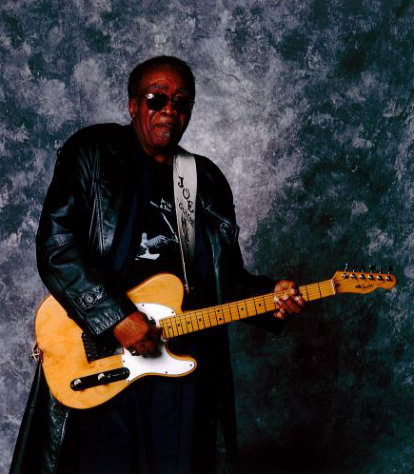
Joe ‘Guitar’ Hughes
Houston, Texas was a great place to be in the 1950’s if you’re young, talented and had a desire to play guitar. Joe ‘Guitar’ Hughes was testament to that, growing up with and trading chops with other guitar-greats such as Johnny Copeland, Albert Collins and Johnny ‘Guitar’ Watson.
View Bio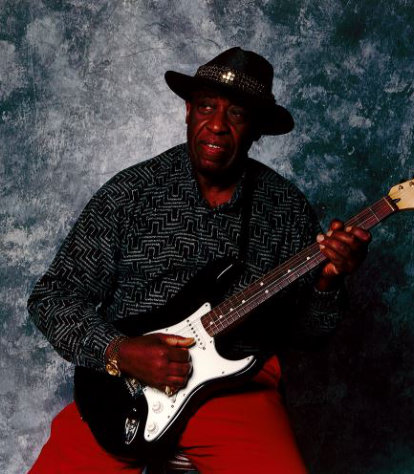
Long John Hunter
The first new studio album in six years from the last of the great Texas Blues guitarists is a departure for long-time Lone Star resident Long John Hunter n that it was recorded in California, but great music knows no geographical bounds – he spent en years at the rowdy Lobby Bar in Juarez, Mexico.
View Bio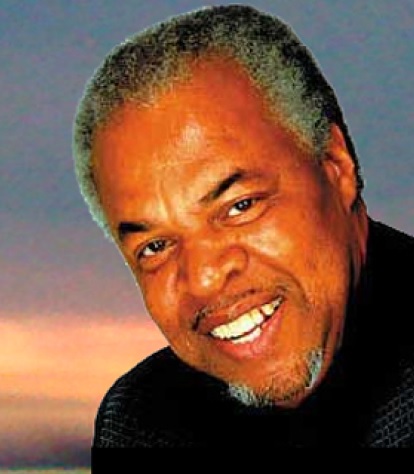
Freddie Hughes
Freddie was born on August 20, 1943 in Berkeley, California. His parents came to the Bay Area from Dallas/Fort Worth Texas. His father Fred W Hughes Senior worked as a longshoreman and his mother Lola Mae Anderson was a singer and missionary at the Church of God In Christ in Oakland. It was in this church where Freddie’s qualities as a singer were noticed for the first time when he was only five years old. It took him a few more years, though, to have his first hit single.
View Bio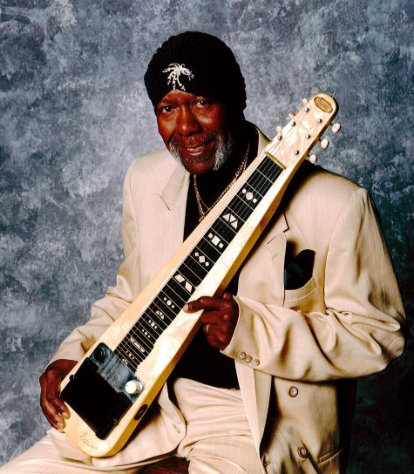
Sonny Rhodes
Sonny Rhodes called himself “the Sheik of East Oakland” during his days as a mainstay on the San Francisco/Oakland Bay Area blues scene, from the mid-1960s until the late ’80s. He wore a turban on his head as he wailed the blues in a manner that combined the smooth phrasing of his hero, Little Junior Parker, with a rough Z.Z. Hill-like squall. Sometimes he’d answer his vocals with biting obbligatos on standard guitar or, more often, with screaming shards of sound played on Hawaiian lap steel guitar.
View Bio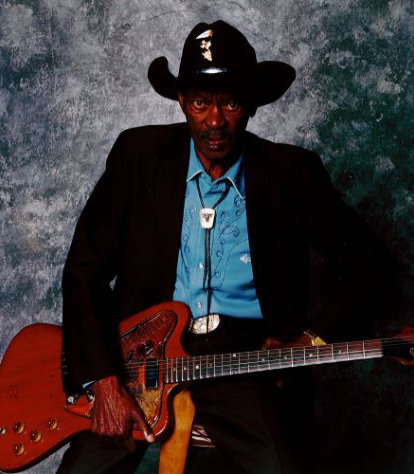
Gatemouth Brown
Gatemouth was an amazing multi-instrumentalist live performer and his show of December 17, 1999, in San Francisco was for Blues Express was a powerful example of his talent with his violin/fiddle breaking a string but not stopping the captivating show. Come see Gatemouth
View Bio